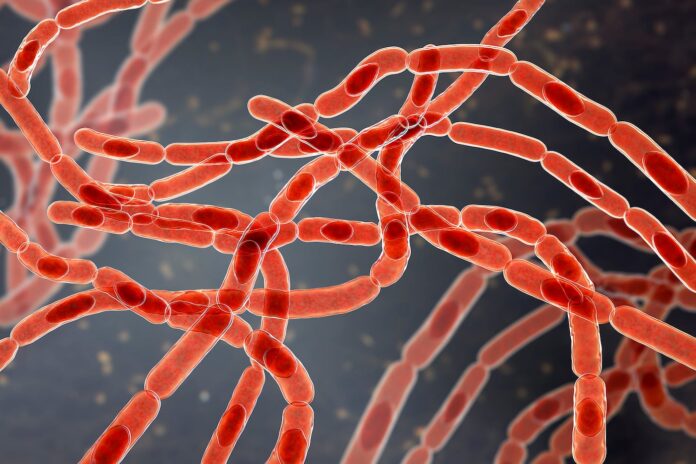Single-use, nitrile gloves are essential for the cultivation sector. Because they are required and ordered in bulk time and time again, employees typically think nothing of opening a freshly sealed box full of clean, toxin- and pathogen-free gloves. Most assume when a new box is opened for the first time, the product within will be truly food-safe and free of any materials or organisms that could cause cross-contamination.
But what if this assumption is inaccurate? At Eagle Protect, our proprietary testing revealed there may indeed be a cross-contamination risk.
More than fifteen years ago in New Zealand, I founded a glove supply and distribution company that expanded to the United States in 2016. Having visited countless manufacturing facilities in southeast Asia and witnessing firsthand the unsanitary conditions in many supposedly sterile factories, we committed ourselves to supply products of the highest production standards. A big part of this commitment included a budget for ongoing research and development, primarily to conduct third-party glove testing and analysis of potential contaminants—all to ensure our gloves adhere to the highest level of consistent glove safety and performance.
We teamed up with the B. Michaels Group, one of the foremost product safety consultants in the hygiene sector. Barry Michaels has more than forty years of experience in the field of microbiology research, with a focus on a wide range of contaminants and pathogens. After four years of independent research and analysis, we presented our findings at the 2021 International Association of Food Protection (IAFP) conference. After testing twenty-six different brands of new and unused single-use gloves, we identified pathogens that could pose significant public health hazards and risks of recall, including Listeria monocytogenes, Staphylococcus aureus, Streptococcus pneumoniae, and Bacillus anthracis (anthrax). There were also indications of fecal content on almost seven out of ten gloves tested These were new single-use gloves right out of the box. This raises a question: Exactly when and where in the supply chain does glove contamination occur?
Glove factories supplying the U.S. food industry are not subjected to rigorous monitoring or scrutiny by the Food and Drug Administration (FDA). Specifically, the FDA Food Code for disposable gloves (FDA Title 21, Part 177) does not require gloves to be intact, clean, or sanitary, and it requires no testing upon arrival in the U.S. Outbreaks leading to food recalls happen far too frequently, causing adverse financial and brand ramifications. One study revealed each single instance of a food recall bears a financial cost of more than $10 million. In our view, these negative consequences call for a more rigorous FDA testing regimen including testing for raw material toxicity, chemical composition, and other pathogenic contaminants.
When it comes to sourcing quality single-use gloves, cannabis operations are subjected to the same amount of risk as businesses in the much larger food-handling industry. What happened at Freya Farm in 2020 is a cautionary tale. The pesticide-free cannabis producer and processor in Conway, Washington was forced to issue a recall after the chemical o-Phenylphenol, listed as a potential carcinogen under California’s Proposition 65, was found on its products. Testing traced the antimicrobial compound back to the FDA-compliant food-grade gloves used by Freya during packaging.
Eagle Protect’s independent third-party testing and analysis aren’t finished yet. Our conclusions beyond the preliminary findings are currently in the peer-review process, and we hope to publish the full results later this year. In the meantime, it’s our mission to educate the cannabis cultivation and food-handling industries about the common physical, chemical, and microbiological hazards present in the disposable-glove supply chain.
We do have the means to mitigate the risk of cross-contamination in the market. Exposure within the cannabis industry can be reduced, but only if suppliers choose to partner with manufacturers who adhere to the highest manufacturing standards for consistent raw material quality and hygiene practices. Suppliers and distributors who practice reliable and frequent quality-control measures, coupled with routine auditing practices, will ensure the highest standards of safety and performance for the nitrile gloves used every day in the cannabis industry.
The next time you purchase a new box of single-use gloves, please consider the risks they potentially could pose to your business and staff.











